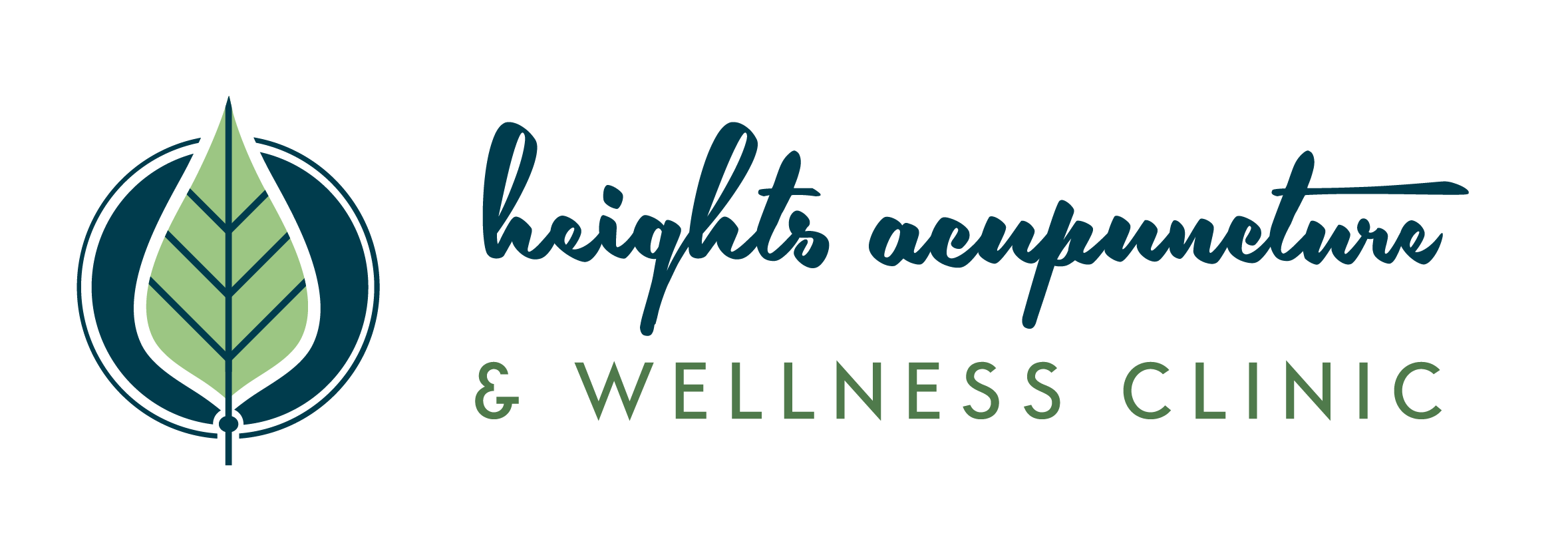Traditional Chinese Medicine (TCM) is an ancient, yet ever-evolving, medicine that is comprised of a multitude of hands-on healing modalities, such as acupuncture, Tui Na, Gua Sha, cupping, and moxibustion to name a few. Though just one component of TCM, acupuncture is the most familiar TCM practice to the west. Herbal formulations are a huge component of TCM and can help alleviate a variety of internal and external conditions that acupuncture simply isn’t as effective for solely on its own.
There are various styles of acupuncture; however, I diagnose and treat conditions based on the 5 Element theory. The five elements include Wood, Fire, Earth, Metal, and Water. Ideally, the elements should harmonize with each other in a balanced give-and-take. If there is dysfunction within an element, the body will manifest symptoms that correspond to the organs that are representative of that element.
